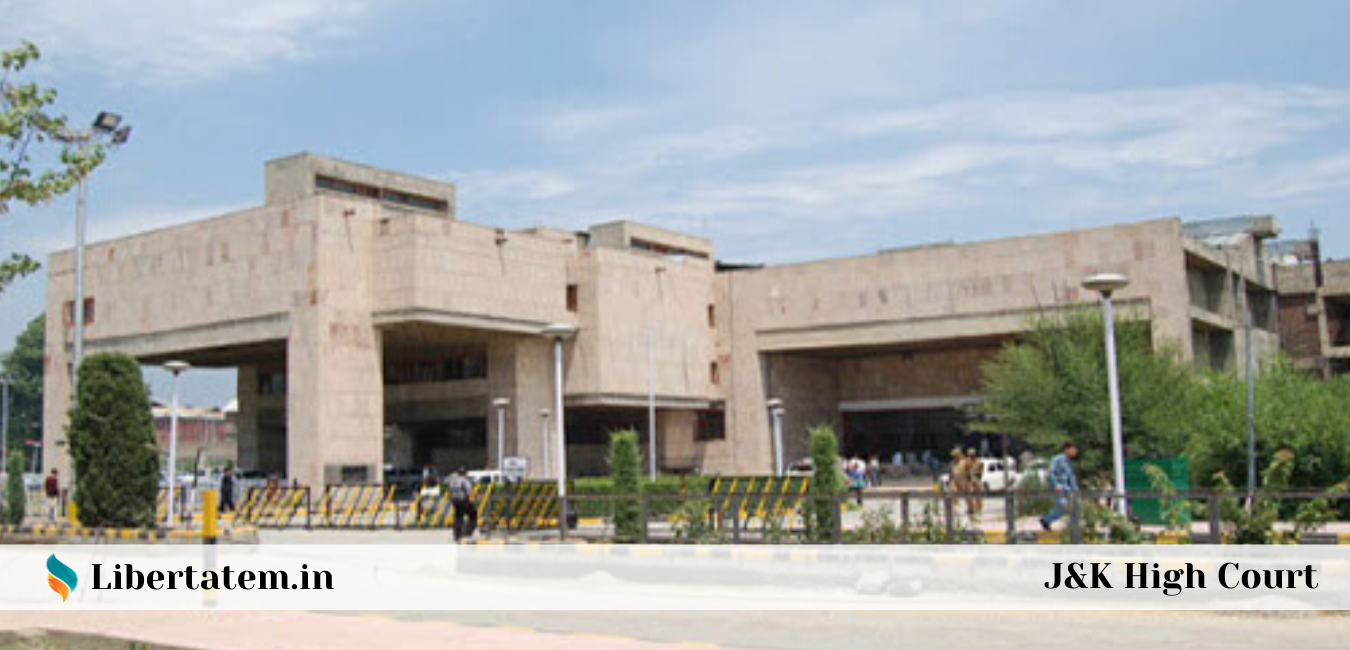The Plaintiff in the said case has filed a case claiming that the arrears on electricity charges are not sustainable in law and violates the principles of natural justice. The petitioner in the case of Mahesh Chander Sharma Vs. Union Territory of J & K, has filed this petition against the electricity bill in the month of January 2020, with an opening balance of Rs.17,00,556.00 besides the monthly bill of Rs. 74,249.00. The respondents took no action to rectify and threaten to disconnect the electricity supply.

Facts of the Case
Petitioner is a consumer of electric energy, consumer ID No.0101020005173, supplied by the respondents. He executed a lease deed in favour of petitioner No.2 and got an electric connection sanctioned by the respondents for a load of 5KV-90KV. It is a three-phase and four-wire connection sanctioned by the respondents in favour of the petitioners.
Petitioner No.1 has been paying the electricity bill every month and has not committed a single default in clearing the electricity bills since 2016. Yet, he received the bill for January 2020, with an opening balance of Rs.17,00,556.00 and a monthly bill of Rs.74,249.00.
Arguments of the Parties
Arguments by the Plaintiff
The counsel for the petitioners submitted that the respondent has not followed the procedure laid down in Section 126 of the Electricity Act, 2003. He further added that the arrears on electricity charges are not sustainable in law and violates the principles of natural justice. The petitioner’s request for rectification of the bill was not adhered to and thus the bill has resulted in a serious breach of the Audi Alteram Partem rule.
Arguments by the Defendant
The counsel for the respondents objected to the maintainability of the writ petition by referring to Section 24 to 26 of the Electricity Act. He further relied on Rule 16 of the Indian Electricity Rules, 1956, and argued that the petitioner has an alternative and efficacious statutory remedy available and can not resort to extraordinary jurisdiction of this Court.
He further added the present case is to assess Section 126 of the Act and it is the only way of correcting an error committed by the respondents.
He further added that the actual energy consumption of the petitioners for January 2020, is only Rs.74,348.66. The respondent after the inspection imposed an amount of Rs.15,48,260/ as they were applying the wrong multiplying factor.
Observation of the Court
The Court observed that the impugned bill, applying the multiplying factor of (3), cannot sustain in law and the petitioners are not at fault. The petitioner has not defaulted in payment of electricity bills on a month-to-month basis but the error has been committed by the officials of the department.
The authority has to give a reasonable opportunity of being heard and thus the impugned bill has resulted in a serious breach of Audi Alteram Partem rule. It is unfair and arbitrary and, thus, violates Article 14 of the Constitution of India.
The Court further observed that if an order is in flagrant violation of principles of natural justice, the same is amenable to challenge under Article 226 of the Constitution of India.
Court’s Decision
The Court allowed the petition and quashed the demand of Rs.17,00,556.00 and ordered the plaintiff to pay the bill of January and the subsequent months within one month. However, the respondents can recover for excess load charges after providing proper notice and opportunity to the petitioners.
Click here to view the Judgment.
Libertatem.in is now on Telegram. Follow us for regular legal updates and judgment from courts. Follow us on Google News, Instagram, LinkedIn, Facebook & Twitter. You can subscribe to our Weekly Email Updates. You can also contribute stories like this and help us spread awareness for a better society. Submit Your Post Now.

